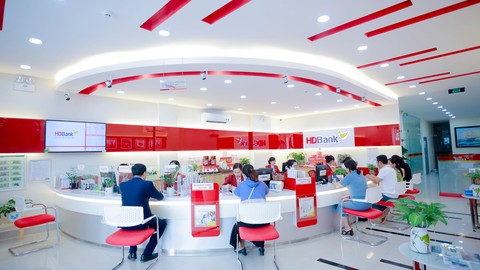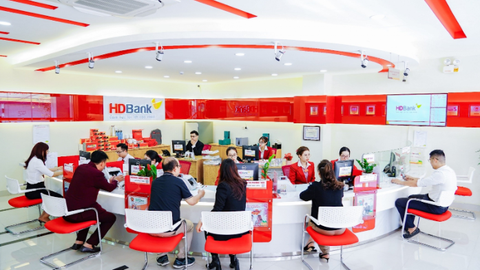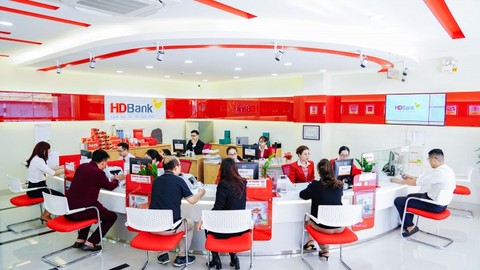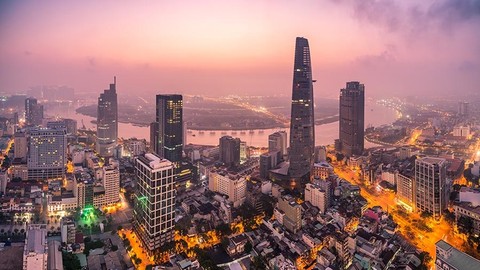In Ninh Thuan Province, Vietnam, Japan International Cooperation Agency (JICA) signed a facility agreement with BIM Wind Power Joint Stock Company on December 20, 2022, to provide up to US$25 million for an onshore wind power project with a total capacity of 88 MW. The project will help Vietnam to reach its clean energy and climate action targets by offsetting about 215,000 tons of carbon dioxide annually.
This project is JICA's second wind power project with a project financing structure in Vietnam. The project sponsors are BIM Energy Holding Corporation, a subsidiary of BIM Group Joint Stock Company, one of the largest Vietnamese private conglomerates, and ACEN Vietnam Investments Pte. Ltd., a subsidiary of ACEN CORPORATION (ACEN). ACEN is the listed energy platform of Ayala Corporation, one of the major conglomerates in the Philippines. The loan is co-financed by the Asian Development Bank (ADB), and other financial institutions (Hong Kong Mortgage Corporation Limited, Sumitomo Mitsui Banking Corporation, ING bank and Cathay United Bank).
This project meets the country's growing need for electricity. The Vietnamese government expects the country's electricity demand to increase by 9.1% per year between 2020 and 2030. Especially, strong electricity demand is prospected in the coming years along with the country's economic recovery from COVID-19. The government aims to reduce greenhouse gas emissions by 9% in 2030 compared to a base case scenario without climate change measures and has adopted renewable energy as a specific measure. Furthermore, to achieve both an increase in electricity supply and climate resilience, the government has set a target in their power development plan that 15-20% of the power generation capacity in 2030, around 125-130 GW, will be generated from renewable sources. In particular, 6,000 MW will be provided from wind power projects (approximately 5% of its power generation capacity in 2030, according to the Revised PDP-VII), taking advantage of the country's abundant wind power in its mountains and coastline.
It has been an issue that few private entities have led renewable energy power projects with project finance structure in Vietnam. In that sense, this project could be a model case for future private-led wind power projects in the country, together with JICA’s first project-finance wind power project in Vietnam, “Quang Tri Province onshore wind power project in Vietnam."
This project will contribute to SDG Goal 7 (Ensure access to affordable, reliable, sustainable and modern energy for all), Goal 13 (Take urgent action to combat climate change and its impacts), and Goal 17 (Strengthen the means of implementation and revitalize the Global Partnership for Sustainable Development). It also contributes to the Initiative on Overseas loan and Investment for ASEAN (*1), announced at the Japan-ASEAN Summit Meeting on November 4, 2019.
JICA has been supporting the introduction of renewable energy in the country through such projects as "Quang Tri Province onshore wind power project in Vietnam," JICA's PSIF project, "B. Grimm Viet Nam Solar Project-Phu Yen Project," a sub-project of the "Leading Asia's Private Infrastructure Fund (LEAP)," funded by JICA and administered by ADB, and "Energy Efficiency and Renewable Energy Promoting Project," JICA's ODA loan project. JICA encourages further development of the country's renewable energy sector though this project.



















